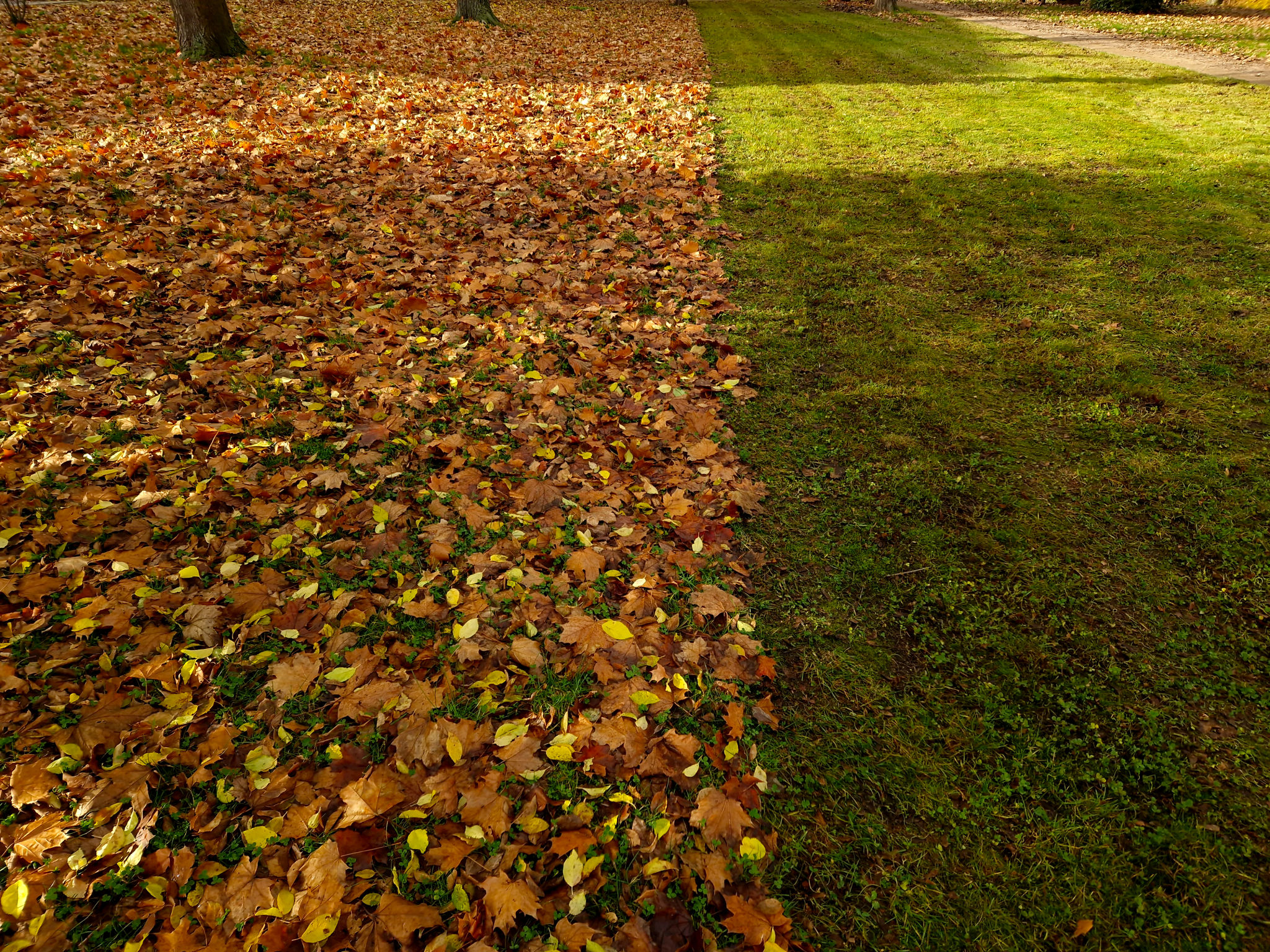Effective Lawn Care Strategies for Detroit's Climate
Understanding Detroit's Climate
Detroit's climate is classified as humid continental, which means it experiences four distinct seasons. Summers can be hot and humid, while winters are cold and snowy. This variety in weather patterns requires homeowners to adopt specific lawn care strategies that cater to each season's unique demands.

Choosing the Right Grass Type
One of the keys to maintaining a healthy lawn in Detroit is selecting the right type of grass. Cool-season grasses, such as Kentucky bluegrass, perennial ryegrass, and fine fescues, are well-suited for Detroit’s climate. These grasses thrive in cooler temperatures and can withstand the region's cold winters.
Kentucky Bluegrass
Kentucky bluegrass is a popular choice for Detroit lawns due to its lush appearance and ability to recover quickly from damage. However, it requires regular maintenance, including fertilization and watering, to stay healthy.
Perennial Ryegrass
Perennial ryegrass is known for its rapid germination, making it an excellent option for overseeding. It provides a durable surface that can handle the wear and tear from foot traffic, ideal for busy households with children and pets.
Seasonal Lawn Care Tips
Proper lawn care in Detroit involves different tasks throughout the year. Here’s a seasonal guide to help you maintain a thriving lawn:
Spring
As temperatures rise, begin by raking away any debris and dethatching the lawn to promote air circulation. Spring is also the ideal time for aeration and overseeding to fill in bare patches. Applying a balanced fertilizer can provide the nutrients needed for growth.

Summer
During the hot summer months, ensure your lawn receives approximately one inch of water per week. It's best to water early in the morning to reduce evaporation and fungal diseases. Mowing should be done with the blades set high to keep the grass longer, which helps shade the soil and retain moisture.
Fall
Fall is the perfect time to apply a high-phosphorus fertilizer to encourage root development. Rake leaves regularly to prevent them from smothering the grass. Consider aerating the lawn again to alleviate soil compaction.

Winter
In winter, minimize foot traffic on the grass to avoid damaging the dormant lawn. Clear away any heavy snow accumulations promptly to prevent fungal diseases like snow mold. It's also a good time to service your lawn equipment and plan for the upcoming growing season.
Dealing with Common Pests and Weeds
Detroit lawns are susceptible to various pests and weeds that can hinder growth. Regular monitoring and early intervention are crucial for maintaining a healthy landscape. Integrated Pest Management (IPM) strategies can help manage these issues effectively.
Common Pests
Grubs and chinch bugs are common culprits that can damage lawns in Detroit. Consider using natural predators or organic treatments to control these pests without harming the environment.
Weed Control
Weeds like dandelions and crabgrass compete with your grass for nutrients. A combination of pre-emergent herbicides and manual removal can keep these unwanted plants at bay.
Conclusion
By understanding Detroit's unique climate and implementing these effective lawn care strategies, homeowners can enjoy a lush, green lawn throughout the year. With the right grass type, seasonal maintenance, and proactive pest control, your Detroit lawn can be the envy of the neighborhood.
